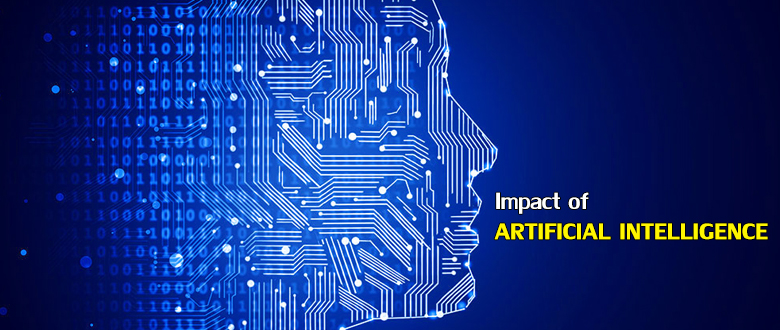Artificial intelligence (AI) is expected to change the way every industry works. It involves creating machines that can work intelligently like humans. The use of data is increasingly driving major decisions in different industries. This data when fed and used by machines give machines the wisdom to think like humans. Hence there is huge dependency on integrity of data. The need of the hour is data centric technologies and institutions will need to upgrade their curriculum to remain competitive. The key to getting employment in future is to upgrade skills of people and work towards specialization. The necessary skills required for data centric technologies are being identified to align educational institutions.
While changes are being introduced in the companies, one has to find a way to continue sustaining an income until the skills get upgraded.The limitations of humans will no longer be a concern with advances in robotics, artificial intelligence, and machine learning. With the use of Robots, the number of errors will reduce and the speed and quality of work will improve. Many countries that face limitations due to lack of youth in large numbers will no longer be behind in the race towards advancement. Labour intensive work will be automated and humans will take the activities that require critical thinking and analysis. The cost of performance in the long run will reduce though initial years will require huge investment towards automation. As per Mckinsey’s report, by 2055, half of the work activities could be automated. Humans would need to start getting used to working with machines. New skills will need to be acquired and the policies created by the government will have to be innovative to accommodate this major impact in type of employment.
AI has started delivering value in various sectors. Retail sector is using AI robots to check inventory and place orders automatically when the inventory levels are low. With the analysis of big data, retailers are able to predict sales and are able to manage inventory and make profits. Robots can work alongside humans in retailers warehouses and increase productivity. Delivery to customers can be done by drones like Flirtey. Check in and issuing of boarding passes have started without the requirement of human intervention in the airline industry. Manufacturing industry is seeing a drastic change. Optimization of processes across the value chain from refinement in product design to using AI based tools throughout the supply chain is possible. In healthcare, AI can lead to better diagnosis with the use of big data analysis of patient history, other similar cases and treatment details. The insurance companies can use big data to improve their business model. Routine patient interactions can be done by AI enabled robots which have all the basic information.
Educational institutes will also have to rethink their strategy for sustainability. In Education, there are going to be virtual tutors who can tailor the curriculum for students. The education system will see a dramatic shift as AI will be able to forecast the need of future employers. Institutes are exploring how AI applications can be used to improve retention problems in students. Programs teaching computer applications are using a personal tutor which gives questions to students along with hints as well as increases complexity level of questions based on performance. Big data and analytics can be used to reduce drop-out rates in students. Educational institutes will have to promote adaptive learning and teaching, looking at student data and use personalized and effective teaching methods.Value add work will continue to remain with humans and thus teachers will be expected to mentor and coach students. The primary areas would be creativity, emotional intelligence and communication which maybe beyond machine’s capability. Machines will cater to the routine queries of students can be automated to save time and effort. The technology is pervasive and has also entered grading. A company GradeScope uses machine learning to grade students on the basis of teachers instructions and students handwriting, though it is more for objective type of questions. Thus the focus of the teacher can be on higher level value add areas rather than routine queries, administrative work and basic lecturing.
Several key factors will determine the level of automation and its adoption. The technical feasibility of automating the task at hand for every industry will need to be evaluated. Since automation will take time and investment, the adoption will be dependent on the cost of development and implementation. The economy will struggle with the shift from cheap labour to buying expensive machines and experimenting. Though the economy will benefit because of better quality and speed of work, the acceptance of this change will determine the speed of adoption. Thus the day to day activities are not forecasted to change fast. At the micro level, changes are expected, however at the macro level it will take decades before complete adoption is seen.


